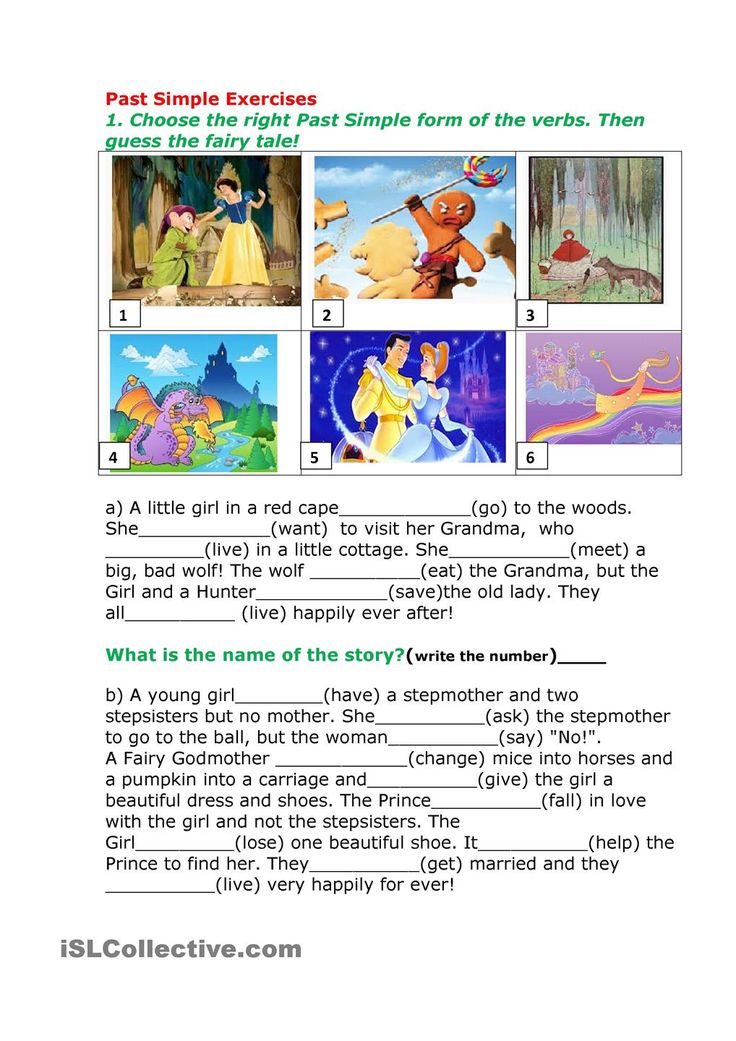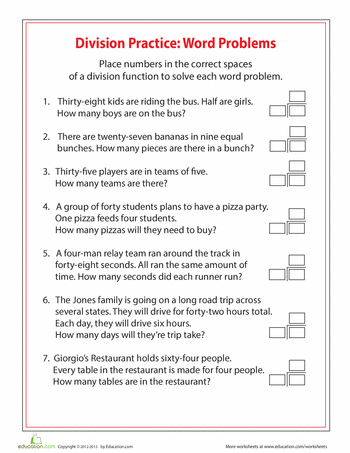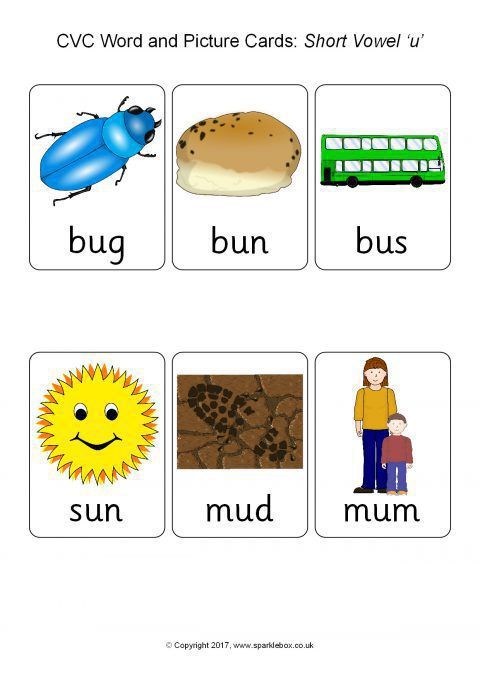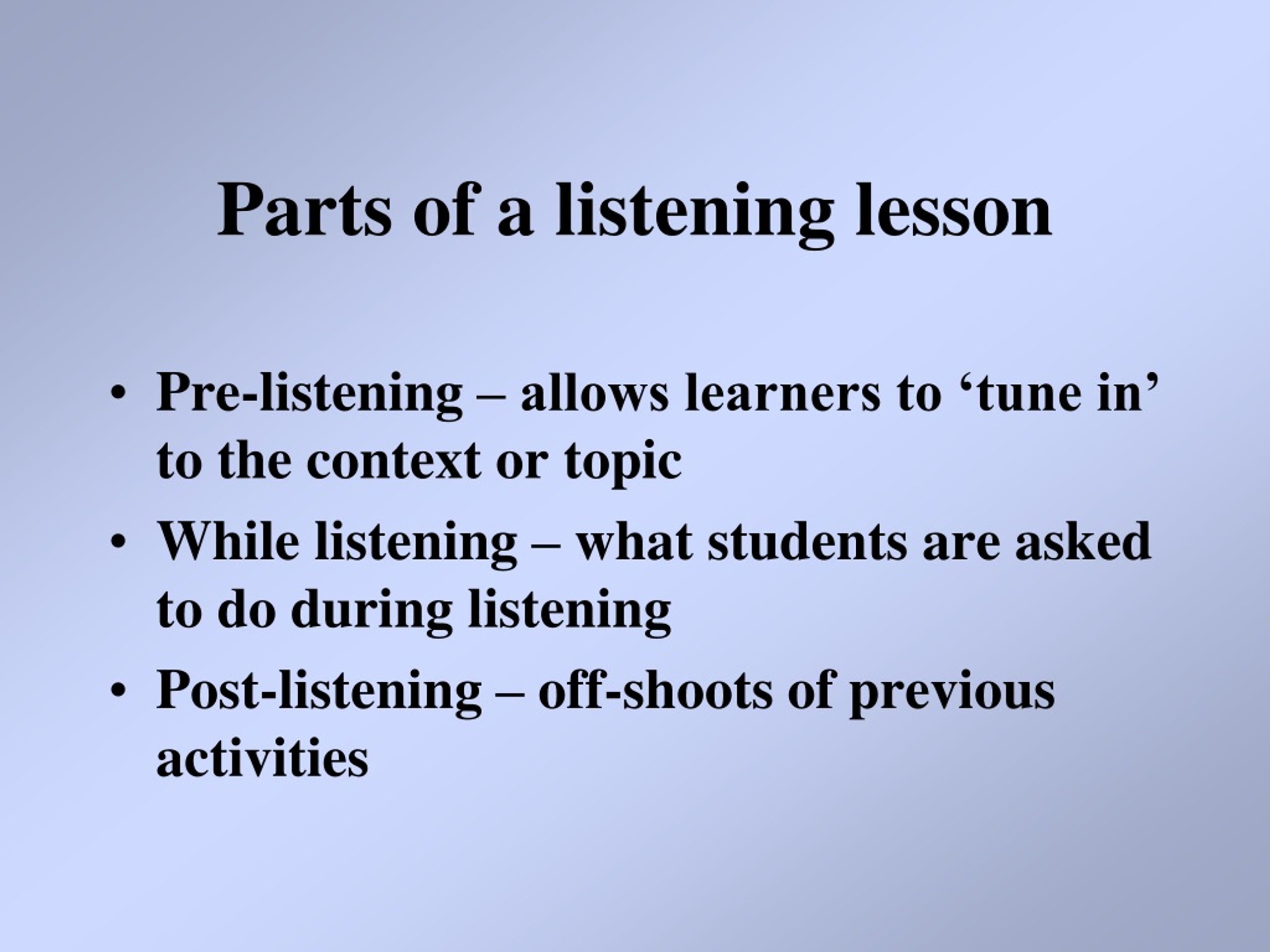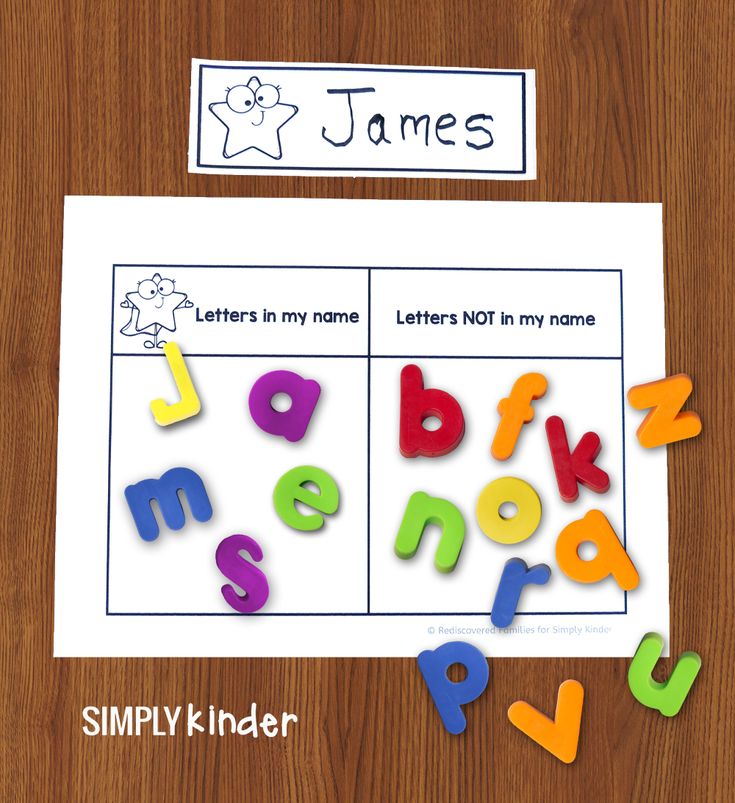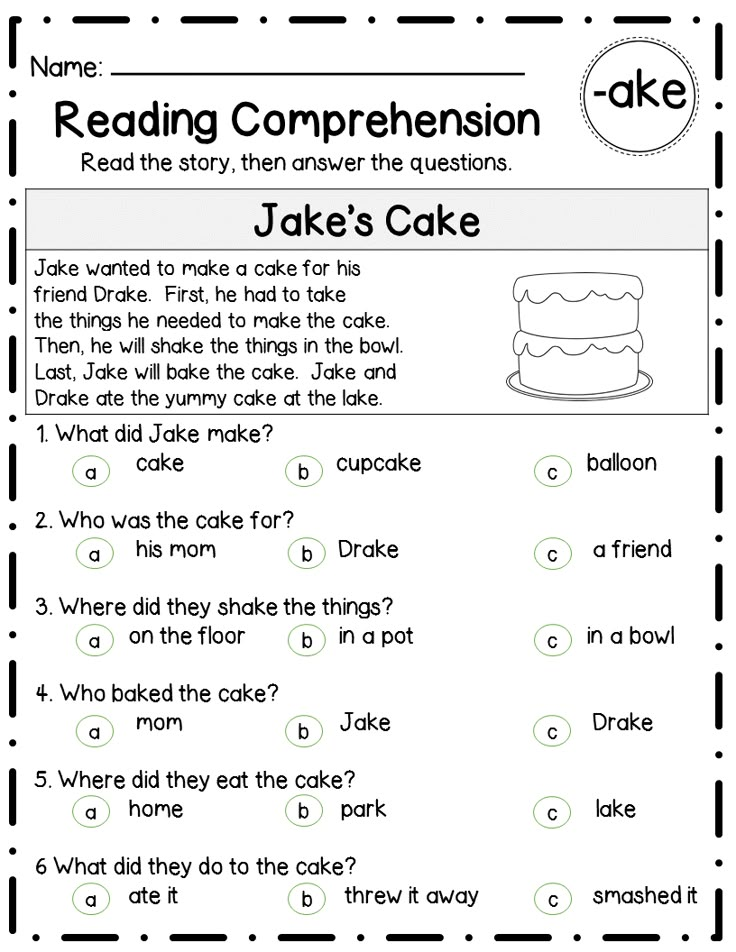Parents back to school
Back to School (for Parents)
Whether their summer was packed with activities or filled with complaints about being bored with nothing to do, kids can have a tough time making the back-to-school transition.
Getting Ready
As with any new or unsettling situation — like starting school for the first time or entering a new grade or new school — give kids time to adjust. Remind them that everyone feels a little nervous about the first day of school and that it will be an everyday routine in no time.
Focus on the positive things about going back to school, such as hanging out with old friends, meeting new classmates, buying cool school supplies, getting involved in sports and other activities, and showing off new clothes (or accessories if your child wears a uniform).
It's also important to talk to kids about any worries and offer support: Are they afraid they won't make new friends or get along with their teachers? Is the thought of schoolwork stressing them out? Are they worried about the bully from last year?
Consider adjusting your own schedule to make the change easier. When possible, it helps if parents are home at the end of the school day for the first week. But not all caregivers have that option. In that case, try to arrange your evenings so you can give kids your attention, especially during those first few days.
If your child is going to a new school, try to visit before school starts. For young students, ask if kids can pair up with another student, or "buddy," and how you can connect with other new parents. This will help you and your child with the adjustment to new people and surroundings. Some schools give kids maps to use until things become more familiar.
Set Up Routines
To help ease back-to-school nerves, get kids into a consistent school-night routine a few weeks before school starts. Also make sure that they:
- Get enough sleep. Set a reasonable bedtime (before 9 p.m.) so that they'll be rested and ready to learn in the morning. Consistent bedtime routines go a long way in helping kids have a great day at school.

- Eat a healthy breakfast. They're more alert and do better in school if they eat a good breakfast every day.
- Write down the need-to-know info. This helps them remember details such as their locker combination, what time classes and lunch start and end, their homeroom and classroom numbers, teachers' and/or bus drivers' names, etc.
- Use a wall calendar or personal planner to record when assignments are due, tests will be given, extracurricular practices and rehearsals will be held, etc.
- Organize and set out what they need the night before. Homework and books should be put in their backpacks by the door and clothes should be laid out in their bedrooms.
It's normal to be anxious in any new situation. This will likely go away pretty quickly. But a few kids develop real physical symptoms, such as headaches or stomachaches, at the start of school. If you're concerned that your child's worries go beyond the normal back-to-school jitters, speak with your child's doctor, teacher, or school counselor.
Back-to-School To-Do's
Parents themselves can be a little nervous about the first day of school, especially if they're seeing their little one off for the first time or if their child is going to a new school.
To help make going to school a little easier on everyone, here's a handy checklist:
What to wear, bring, and eat:
- Does the school have a dress code? Are there certain things students can't wear?
- Will kids need a change of clothes for PE or art class?
- Do your kids have a safe backpack that's lightweight, with two wide, padded shoulder straps, a waist belt, a padded back, and multiple compartments?
- Do kids know not to overload their backpacks and to stow them safely at home and school?
- Will your kids buy lunch at school or bring it from home? If they buy a school lunch, how much will it cost per day or per week? Do you have a weekly or monthly menu of what will be served? Is there an account number that they need to remember? Can they open bags and bottles on their own?
- Have you stocked up on all needed school supplies? Letting kids pick out a new lunchbox and a set of pens, pencils, binders, etc.
 , helps get them geared up for going back to school.
, helps get them geared up for going back to school.
Medical issues:
- Have your kids gotten all necessary vaccines?
- Have you filled out any forms that the school needs, such as emergency contact and health information forms?
- Do the school nurse and teachers know about any medical conditions your child has, such as food allergies, asthma, diabetes, or other conditions that may need to be managed during the school day?
- Have you made arrangements with the school nurse to give any medicines your child might need?
- Do the teachers know about any conditions that may affect how your child learns? For example, kids with attention deficit hyperactivity disorder (ADHD) should be seated in the front of the room, and a child with vision problems should sit near the board.
Transportation and safety:
- Do you know what time school starts and how your kids will get there?
- If they're riding the bus, do you know where the bus stop is and what time they'll be picked up and dropped off?
- Do you know where the school's designated drop-off and pick-up area is?
- Are there any regulations on bicycles or other vehicles, such as scooters?
- Have you gone over traffic safety information? Make sure kids know the importance of crossing at the crosswalk (never between parked cars or in front of the school bus), waiting for the bus to stop before approaching it, and understanding traffic signals and signs.

- If your child walks or bikes to school, have you mapped out a safe route? Does your child understand that it's never OK to accept rides, candy, or any other type of invitation from strangers?
- Does the school have the information needed so that other family members or trusted friends can pick up your child?
What About After School?
Figuring out where kids will go after school can be a challenge, especially when parents work. Depending on a child's age and maturity, you may need to arrange for after-school transportation and care.
It's important for younger kids and preteens to have some sort of supervision from a responsible adult. If you can't be there as soon as school's out, ask a reliable, responsible relative, friend, or neighbor to help out. If they're to be picked up after school, make sure your kids know where to meet you or another caregiver.
It might seem like older kids are becoming mature enough to start being alone after school.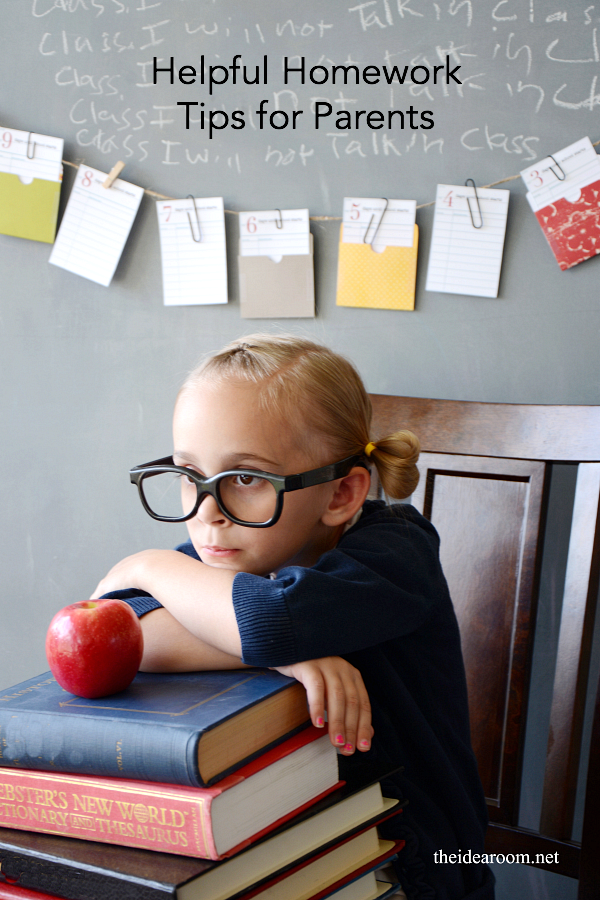 But even kids as old as 11 or 12 may not be ready to be left alone.
But even kids as old as 11 or 12 may not be ready to be left alone.
If your kids or teens are home alone in the afternoons, set clear rules:
- Have a time when they're expected to be home from school.
- Have them check in with you or a neighbor as soon as they get home.
- Specify who, if anyone at all, is allowed in your home when you're not there.
- Make sure they know to never open the door for strangers.
- Make sure they know what to do in an emergency.
After-school programs can help make sure that kids are safe and entertained when the school day is over. Some are run by private businesses, while others are organized by the schools themselves, places of worship, police athletic leagues, YMCAs, community and youth centers, and parks and recreation departments.
After-school activities:
- offer kids a productive alternative to watching TV or playing video games
- provide adult supervision when parents can't be around after school
- help develop kids' interests and talents
- introduce kids to new people and help them develop their social skills
- give kids a feeling of involvement
- keep kids out of trouble
Check the child–staff ratio at any after-school program you consider, and make sure that the facilities are safe, indoors and out. Your kids should know who will pick them up and when from the after-school program.
Your kids should know who will pick them up and when from the after-school program.
Make sure any after-school commitments leave kids with enough time to do school assignments. Keep an eye on their schedules to make sure there's enough time for both schoolwork and home life.
Managing Homework
Homework is a very important part of school. To help kids get back into the swing of things:
- Make sure there's a quiet place that's free of distractions to do homework. If possible, make this a space other than a child’s bedroom — this can help with establishing a good bedtime routine.
- Don't let kids watch TV when doing homework or studying. Set rules for when homework and studying are to be done, and when the TV or other devices can be used and when they must be turned off. The less screen time, the better, especially on school nights.
- If your kids are involved in social media, limit the time spent on it during homework time.
- Keep text messaging to a minimum to avoid interruptions.

- Never do their homework or projects yourself. Instead, be available to help or answer any questions, as needed.
- Review homework assignments nightly — not necessarily to check up, but to make sure kids understand everything.
- See how long it takes your child to do their homework. Spending too much or too little time on homework may be something to discuss with their teachers.
Encourage kids to:
- develop good work habits early, like taking notes, writing down assignments, and turning homework in on time
- take their time with schoolwork
- ask the teacher if they don't understand something
To help kids get the most out of school, stay in touch with teachers via email or by talking with them throughout the school year. At parent–teacher conferences, for example, you can discuss your child's academic strengths as well as weaknesses.
Most of all, whether it's the first day of school or the last, make sure your kids know you're there to listen to their feelings and concerns, and that you don't expect perfection — only that they try their best.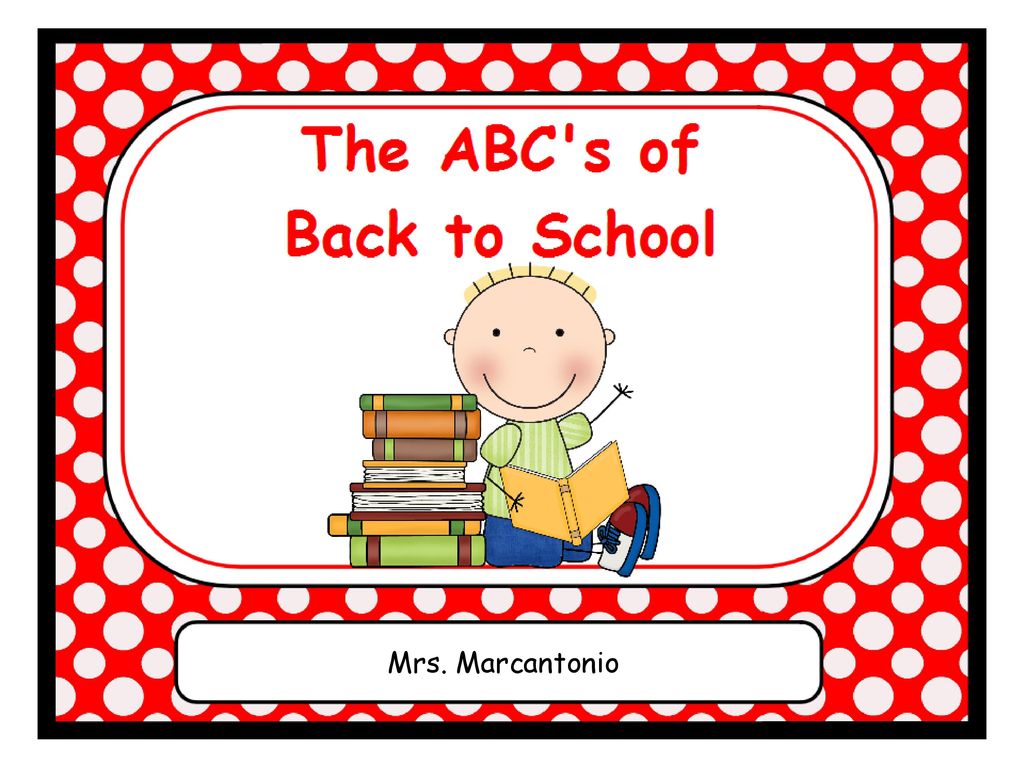
Reviewed by: Kathryn Hoffses, PhD
Date reviewed: August 2022
Back To School For Parents
BACK TO SCHOOLFOR PARENTSA busy parent’s guide to what’s happening in your children’s classrooms and practical steps you can take to protect them.
When parents drop their children off at school they are trusting the school to look after their child’s best interest, but that is sadly not always the case.
How would you respond if you discovered your school clinic was dispensing contraceptives to your child — without informing parents? Or if a boy took a spot on your daughter’s high school soccer team because he felt like a girl? Or if you found out your six-year-old child’s teacher is reading books about gender-confused children to the whole classroom?
We’re concerned too. We read the news and receive numerous phone calls, emails, and letters from parents, grandparents, family members, and church leaders.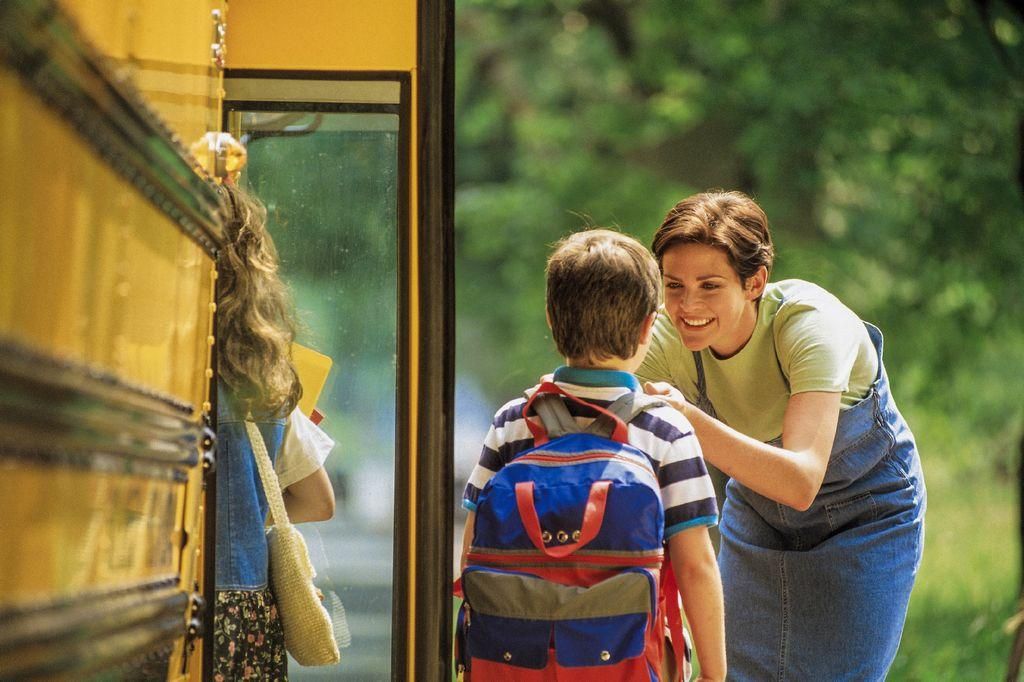 They tell us what’s happening at their children’s schools and ask for help responding.
They tell us what’s happening at their children’s schools and ask for help responding.
That’s why we’ve created this FREE resource for you.
- Discover what’s happening in schools and why you should be concerned.
- Each section covers different topics, such as how to protect your child from inappropriate or biased material in the classroom, what to do when you find offensive or explicit books in your school library, and how to guard your child’s safety in school restrooms and locker rooms.
- Learn about your rights and your children’s rights
- Suggestions about how to respectfully advocate on behalf of your child
- Guidance on how to talk with your children about sensitive and difficult subjects
- Links to additional helpful articles and resources
Download Your Free Copy
What People Are Saying About
Back To School – For Parents“Given how pervasive socialist ideologies and online technology have become in our culture and public institutions, it has never been harder for parents to know our rights, and to properly educate and protect our children.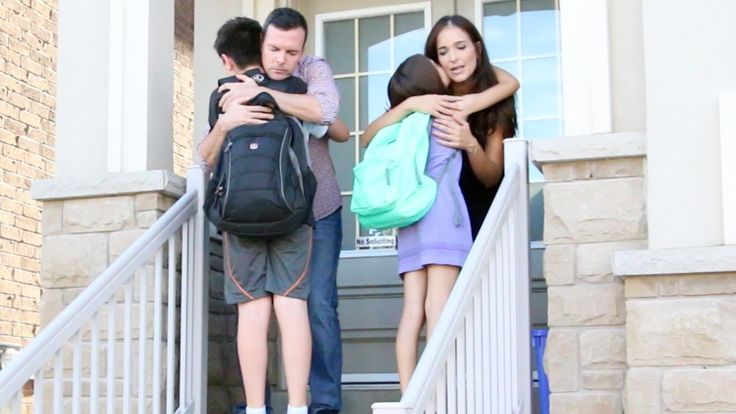 As a pediatrician and mother of four adolescents, I can authoritatively say that Back to School —for Parents is the most important book a parent will ever read. Download one for yourself, and for each of your family members and friends who cherish their kids!”
As a pediatrician and mother of four adolescents, I can authoritatively say that Back to School —for Parents is the most important book a parent will ever read. Download one for yourself, and for each of your family members and friends who cherish their kids!”
MICHELLE CRETELLA, MD
Executive Director, American College of Pediatricians
“Concerned Women for America stands with Family Policy Alliance and Focus on the Family on the front lines of these challenging cultural issues. It is critical that parents be equipped with the information they need to understand and confront the gender ideology being promoted through our schools. CWA commends Back to School—for Parents as an invaluable resource to educate and engage families and policymakers in your community.”
DOREEN DENNY
Vice President of Government Relations,
Concerned Women for America
“Left-wing activists have completely infiltrated our schools and are doing everything they can to indoctrinate our kids into their dangerous ideology.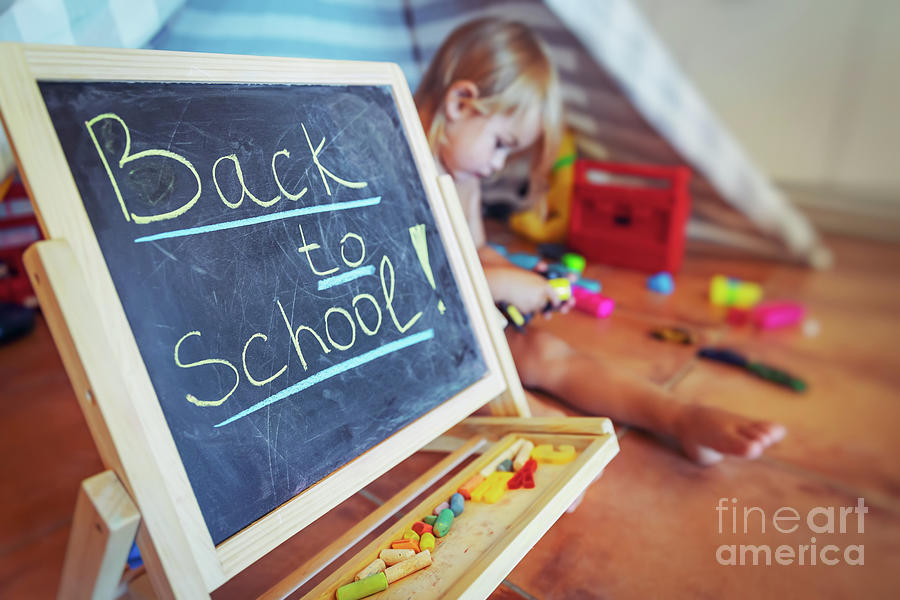 We have to stop them. Kudos to the Family Policy Alliance and Focus on the Family for developing this wonderful educational guide to help parents protect their children.”
We have to stop them. Kudos to the Family Policy Alliance and Focus on the Family for developing this wonderful educational guide to help parents protect their children.”
TERRY SCHILLING
Executive Director, American Principles Project
“Today, more than ever, Christian parents with children in public schools need to be involved. The Back to School—for Parents guide is a valuable, and much-needed, resource for every parent! It gives practical advice on how to advocate for children regarding a variety of crucial issues.”
ERIC BUEHRER
President, Gateways to Better Education
Evgenia Maslennikova
Lyudmila Petranovskaya
Education
School
Share
Share
Twice Twin
Who needs a school and what's wrong with it?
First you need to decide on the main thing: who needs the school and who is the customer of its activities?
The customer of education is the child himself, but not today's, but tomorrow's adult. nine0025
nine0025
And parents are his representatives. But if all this “bagpipe for eleven years” is not for the state and not for EARLY, but for the children themselves, then many questions arise.
Parents as legal representatives want their children to grow up confident, active, independent and inquisitive. But such children are not very comfortable. It is much easier to deal with someone who respects authority, knows his place, knows how to follow the rules and adapt. And also to think in a stereotyped way so that everything is predictable, like “2x2”. nine0003
Of course, there are schools that value individuality, but there are not many of them. The situation is aggravated by the fact that today's schoolchildren are in many ways better than teachers, especially in information technology. But the teacher has always been the main source of information! It must be admitted that the teachers were not in the best position. Many of them feel helpless and try to hide from it behind their status: "Read and do not discuss. " But this causes only irony and does not benefit anyone. nine0003
" But this causes only irony and does not benefit anyone. nine0003
Why is it difficult for parents to keep calm?
To answer this question, we need to take a little step back and think about why we get so tense when our children do something wrong.
Why do many parents scold or even spank a fallen baby instead of pitying? This is due to the need to remove responsibility for what happened. Behind the phrase: “I told you!” hides: "It's not my fault!"
But before whom do we justify ourselves? Why do adults behave like children, even when no one sees or judges them? nine0003
These are the echoes of our childhood, the strict looks of our mothers, grandmothers and MarVann, who are constantly watching us. The "big third" constantly stands between parents and children and requires compliance with some unknown patterns.
We teach our children freedom that we ourselves do not have, and we are afraid when they are freer than us.
What about school? This is a special stress! Few people have only positive memories of school. Therefore, we perceive children's assessments not as an assessment of their knowledge at the moment, but as an assessment of the child himself, and at the same time ourselves as parents. Overcoming this feeling is difficult, but it is important to remember:
Therefore, we perceive children's assessments not as an assessment of their knowledge at the moment, but as an assessment of the child himself, and at the same time ourselves as parents. Overcoming this feeling is difficult, but it is important to remember:
school for children, not children for school .
If we team up with the school and start fighting with children, then we betray their trust.
What do children really need?
The goal of education is social freedom.
It is important to understand that knowledge is not a goal, but a tool, a kind of “key to all doors”. But do we need ALL the "keys"? What is the use of the fact that a humanist gets an A in chemistry, and a future physicist will memorize Andrei Bolkonsky's reasoning about the sky and oak? Yes, there are capable children for whom all subjects are easy, but for the majority this is not so. The task of parents is to help children develop strengths, and not to spread rot on them for what they are not given. Einstein has a good phrase: "Everyone is brilliant, but if you judge a fish by its ability to climb a tree, then it will live its whole life believing itself to be a total fool." nine0003
Einstein has a good phrase: "Everyone is brilliant, but if you judge a fish by its ability to climb a tree, then it will live its whole life believing itself to be a total fool." nine0003
Optimal energy distribution:
80% effort on 20% items and 20% effort on 80% items.
It is important to analyze the child's abilities and agree with him that in the selected subjects he studies for himself and with full dedication, and in the rest - for the certificate.
How to do homework so that it doesn't hurt excruciatingly?
Good news: you don't have to do homework with your child! If the teacher insists otherwise, then he shifts his work to you. Of course, a parent is an interested person, but still it is not worth taking on the functions of a teacher. nine0003
The teacher has the right to be powerful, he evaluates and achieves results. A parent is unconditional acceptance and support.
As soon as we “turn on” the teacher, the child loses the parent in us.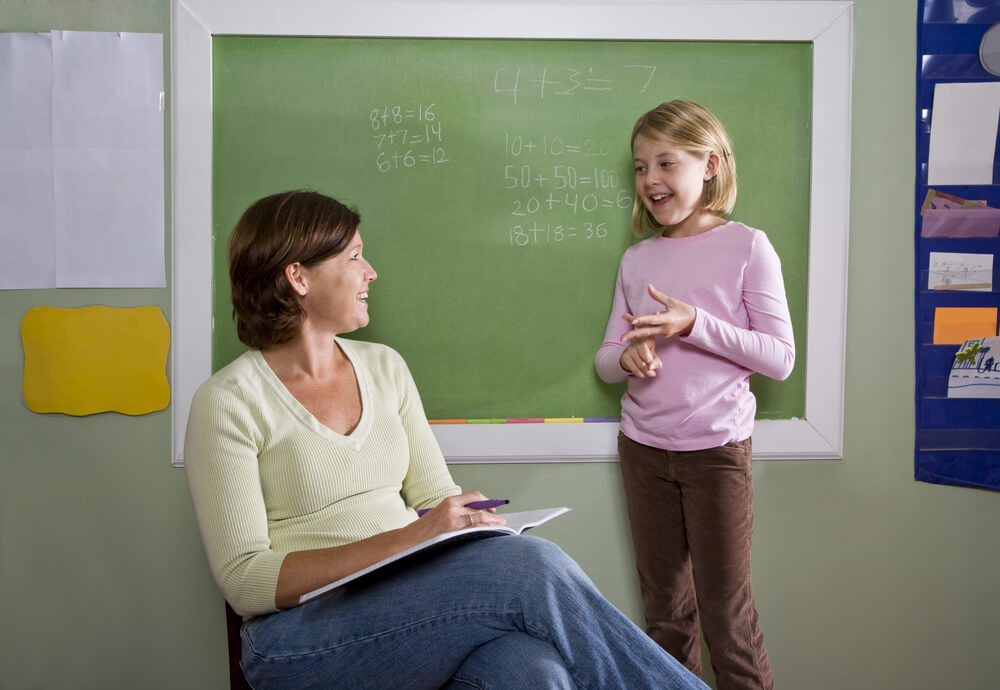
This is stress that does not contribute to the cognitive process at all.
How can parents really help with lessons?
- Don't force your child to sit at school until late at night because exhaustion is worse than a deuce. If he gets tired quickly and loses concentration, pause. nine0105
- Just spending time with a child. Unfortunately, often delaying homework is the only way for a child to be with their parents.
- If the child is confused, help him to unravel, and not demand a result. Of course, he can memorize the lesson, but what is the use if there is no understanding?
- "Release the leash" gradually, but be sure to let go! This means being there for as long as the child needs it, and stepping aside once the skill is learned. nine0105
- To make the child feel successful: to notice even small achievements in what is given to him with difficulty, and to help develop talents.
- Explain what is interesting by yourself! If the subject makes you sick, then you will not instill love for him in the child, it is better to entrust this to someone else.
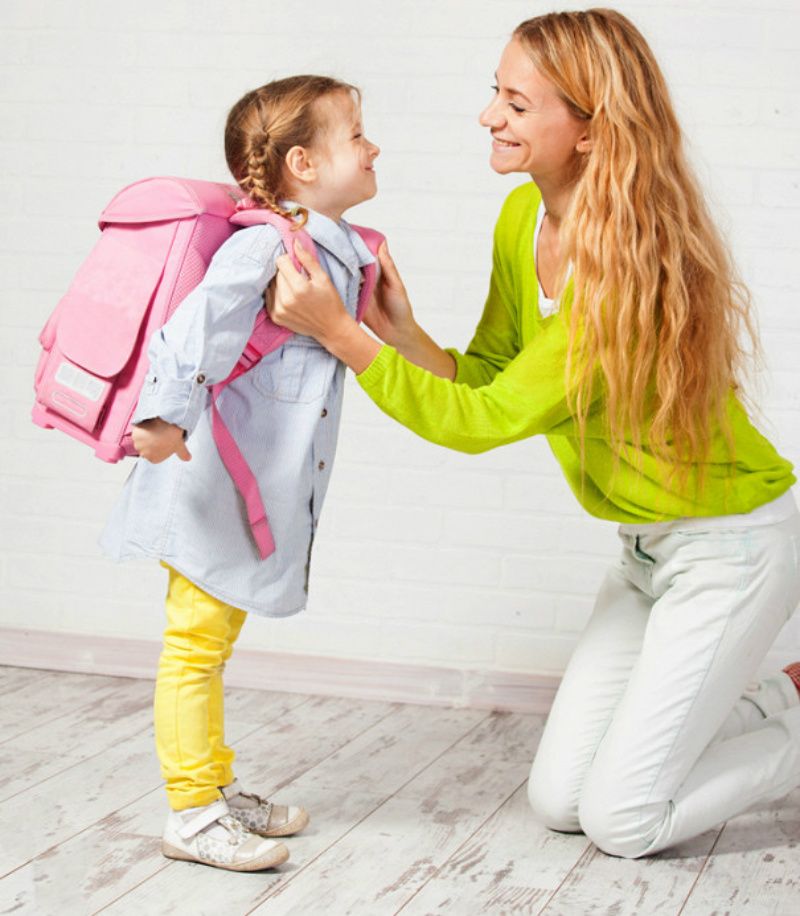
- To love a child just like that, without identifying him with grades! This can cause strong protest and disgust towards the school.
- Take care of yourself! A confident and resourceful parent is the best thing we can give our children. While we are banging our heads against the wall, there can be no question of any study. nine0105
The material was prepared based on the course of lectures by experts Lyudmila Petranovskaya and Alexander Eliovich “School. What do we multiply - knowledge or sorrow?
You may be interested in:
You may be interested in these articles
One week left before the start of the new school year. Parents of schoolchildren sigh dejectedly, freeing up time in their schedule to help children with homework. Or not?
A week ago, the Family Tree project launched the September marathon for parents of schoolchildren, and family psychologist Lyudmila Petranovskaya became the first speaker of the event. We have written down some important quotes from her speech and we want to share with you. nine0003
We have written down some important quotes from her speech and we want to share with you. nine0003
Back to school: building the right attitudes
home
Parents
How to raise a child?
Back to School: Forming the Right Attitudes
- Tags:
- Expert advice
- 7-12 years old
- teenager
- children in the family nine0104 family relationships
Every September 1 brings excitement, worries, fears and hopes. I want to fill a new clean diary with only good grades. However, very little time passes, and old school problems move into the new school year.
Is it possible to forget about old problems in the new academic year? It is possible, if you form the right attitudes for educational activities. I propose to deal with this.
Responsibility
Every year the child gets older and more experienced. We define the situation of adulthood with the phrases:
-
“You are no longer a preschooler – you are a student”;
-
“In the first grade you could behave like that, but in the second you can’t”;
-
“Starting from this year, grades are already being given, so you need to be serious”;
-
“You are no longer a junior schoolboy, but a fifth grader”;
-
"This year you are finishing nine classes.
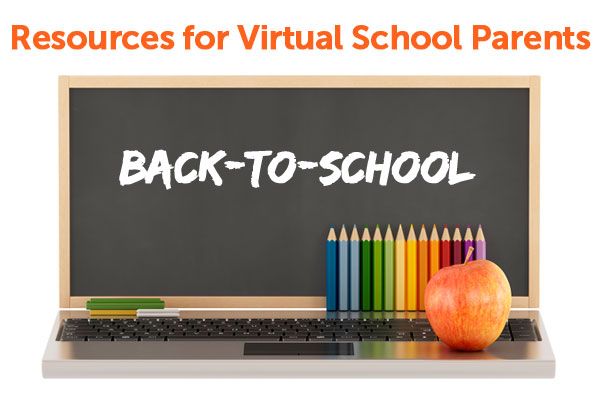 " nine0003
" nine0003
There are many such phrases. However, it is worth recognizing that such appeals are unproductive, since they do not carry practical directions, but play the role of notations.
Responsibility settings must be practical, that is, it is necessary to indicate the degree of increased responsibility when changing student status.
| Age setting | Liability installation |
|---|---|
| You are no longer a preschooler - you are a student ... | The main thing now is study, so games should not interfere and distract from it. |
| In the first grade you could behave like that, but in the second you can't… | Now you clearly know the school rules, got used to the teacher and classmates, which means that nothing should distract you from your studies . |
| Since this year they are already giving grades, so you need to be serious… | Grades will show how you feel about your studies, so you will need to be responsible for them. |
| You are no longer a junior schoolboy, but a fifth-grader… | The study of new school subjects that will be needed to choose your future begins. | nine0214
| This year you are finishing nine classes… | Your future depends on the results of the exams, so you need to carefully consider their choice and start preparing from the first days. |
Responsibility must be defined specifically. Each bad rating should have an explanation indicating the solution to the problem:
- I misunderstood this topic.
“So he needs to study it again.” nine0273
- I didn't do my homework because I forgot.
- So, every day we will check the correctness of the entries in the diary.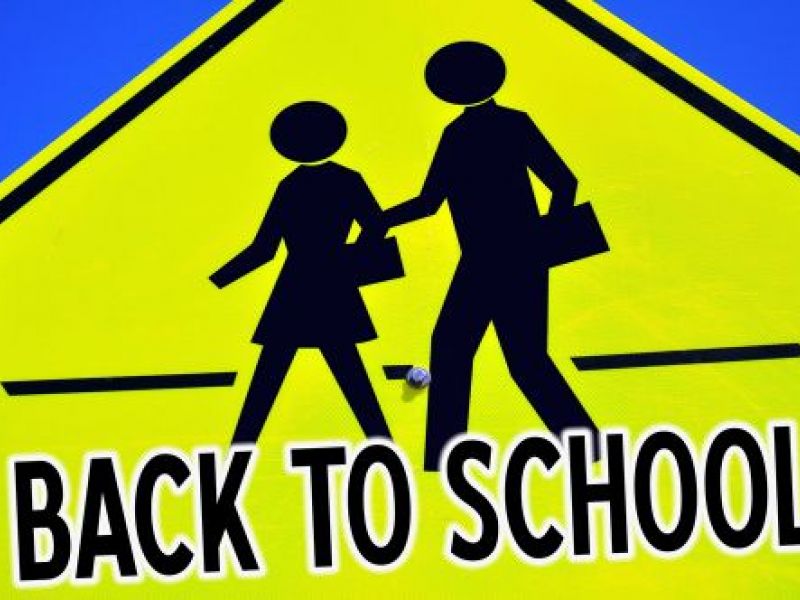
- I didn't do my homework well because I was tired in training.
- So, we will revise the training schedule and will do homework before training.
Responsibility is a setting that cannot be canceled or transferred due to any circumstances. Responsibility is something that is always there. nine0003
Read also
Three main skills for independent living that a child needs to be taught
How to learn to listen to your child
Independence
The Internet is replete with posts commenting on the situation with modern schooling, where the main burden falls on parents. The learning process is being replaced by teaching. I don't want to offend teachers, but, unfortunately, many (not all!) teachers relieve themselves of responsibility for the knowledge and skills of the child. nine0003
But if it is not possible to remake the school system, then it is quite possible to address the issue of doing homework, emphasizing independence.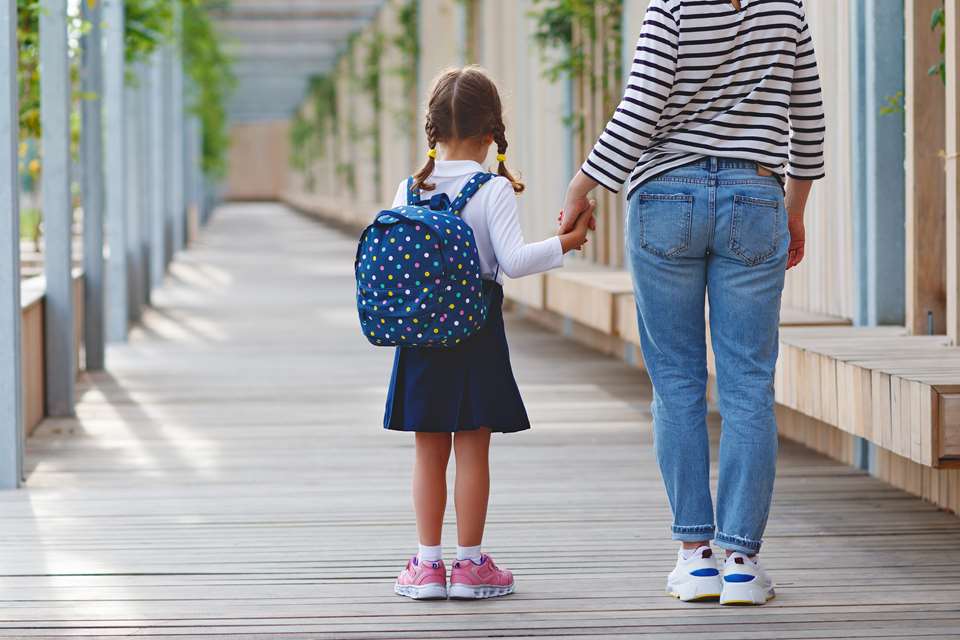
Main attitude: “You must do your homework yourself. If you have any difficulties, I will help you."
And now, dear parents, the hardest part. No need to sit with the children, read assignments to them, do part of the work for them. It is necessary to give the child the opportunity to do the work himself, reminding him of responsibility.
Typical situation:
Mom comes home from work at eight in the evening. The son had not yet done mathematics - he was waiting for his mother.
Why didn't you do your homework?
- I could not solve the problem, it is difficult. None of us could decide, I called everyone.
Then there can be two options for the development of the scenario:
-
The parent solves the problem, explains the solution to the child, and the child rewrites it in a notebook.
-
Mom asks for conditions, known and unknown data, and then, taking into account the topic of the lesson, the direction of actions is determined, and the child solves the problem himself.
 nine0003
nine0003
In the case of the first option, it often turns out that the child cannot repeat the task, and it is easy to guess what this means. But it is the second option that will give the child the opportunity to understand the principle of solving the problem.
The child must do his homework on his own. If he makes mistakes and the volume of tasks is small, make him complete the task on a draft, and after checking, rewrite. True, this should be done after poor homework has already been noted. The child must be responsible for his own work. nine0003
Every year, the boundaries of independence that are not related to educational activities are expanding: the way to school and back, attending additional education classes, walking the dog, cleaning the apartment and much more. The expansion of the zone of independence and responsibility should be gradual, while additional assignments should not become an obstacle for children in educational activities.
Support
I don't think you can find a person who doesn't have problems at school.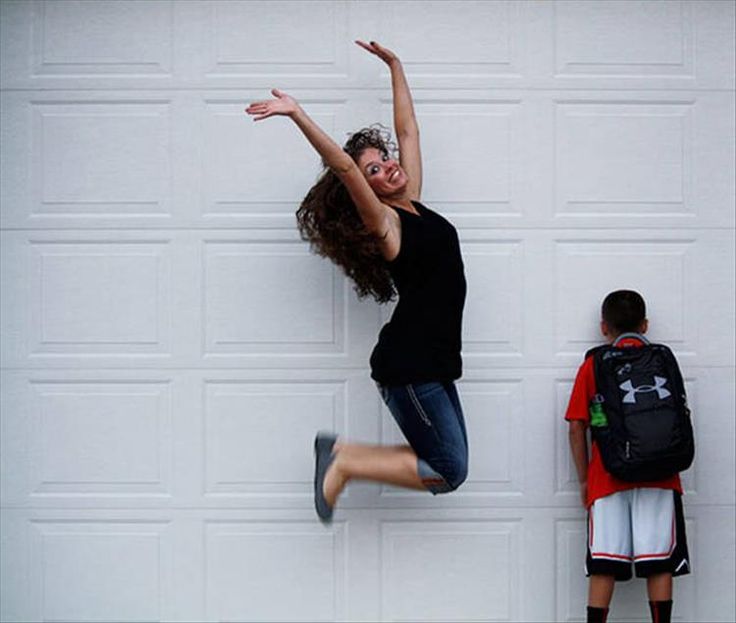 This voluminous category includes conflicts with classmates, teachers, learning problems. Not everything always goes smoothly. The children's team is inherently cruel, as it is not capable of empathy. At the same time, children individually can empathize, but the general children's team cannot. Some teachers do not miss the opportunity to laugh at an unlucky student: this relieves tension in the children's team. And how does the object of ridicule feel? You say that the child is to blame? Maybe, but no one is immune from such situations. nine0003
This voluminous category includes conflicts with classmates, teachers, learning problems. Not everything always goes smoothly. The children's team is inherently cruel, as it is not capable of empathy. At the same time, children individually can empathize, but the general children's team cannot. Some teachers do not miss the opportunity to laugh at an unlucky student: this relieves tension in the children's team. And how does the object of ridicule feel? You say that the child is to blame? Maybe, but no one is immune from such situations. nine0003
One of the most important attitudes before the start of the school year and during studies is support. Tell the child: we are with you; we will always protect you; we will help you; we will support you. But do not say: we will do it for you; we will tear everyone for you.
Teach your child to trust you, to be honest about all problem situations. Learn to solve problems together with your child, coordinate your actions with him and not interfere with him solving problems on his own.


